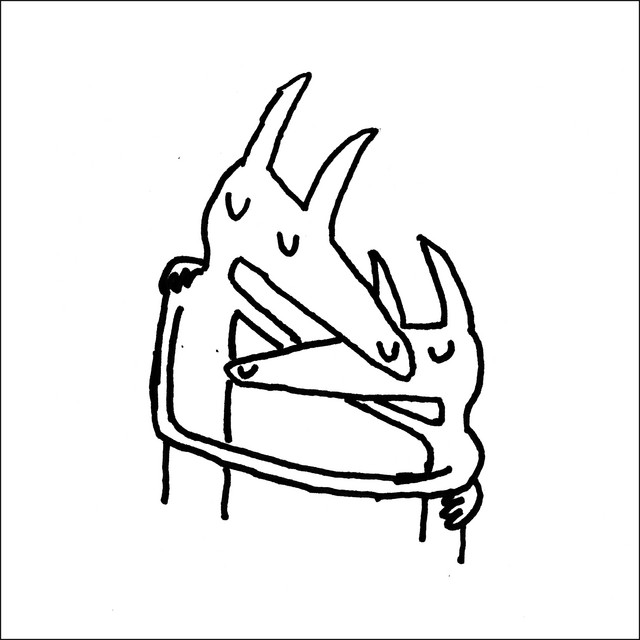I’ve been listening back to Will Toledo’s original release of “Twin Fantasy” from 2011 as of late. I wanted to try to figure out why I keep coming back to this amateurish, messy project as opposed to its more polished re-release.
Where 2018’s “Twin Fantasy” (subtitled “Face to Face” for distinction) flows between its softer and more aggressive moments cleanly, there is often very little distinction between these tones on “Mirror to Mirror”. Toledo’s guitar work here is often frantic and uncertain. His backup guitar on tracks like “Beach Life-In-Death” plays like static noise for most of the song. His drumming is almost imperceptible under that static, and his voice often sinks into all the other instrumentation.
A Case Study
And yet, the older recording of “Beach Life-In-Death” is often the one I come back to. As a song that largely grapples with Toledo’s experiences as a young gay man (while homophobic rhetoric was still commonplace in the U.S.), that blurring of sounds seems to capture his anxieties on the matter better than the newer recording. In the last portion of the song, for instance, fragmented vocal clips attack listeners from all sides like they’re being yelled at. Even though the language becomes indecipherable, the stress from being attacked like that again and again accumulates through the song’s cutoff.
That portion of the song is replaced in the “Face to Face” version with a shorter, less human-sounding stutter. The replacement seems to reflect that Toledo has lost some of those fears from 2011. He’s dampened those voices attacking him as he’s matured.
When I listen to 2011’s “Beach Life-In-Death”, I can feel myself in the same position as Toledo was. As someone facing the onslaught of transphobic rhetoric throughout the U.S. now, I feel a stronger connection to his younger self dealing with people who despise him for a harmless part of his identity. Despite the song remaining mostly the same over 7 years, the message relayed to audiences changes with small tweaks in production.
Concluding Thoughts
Even though songs on “Mirror to Mirror” sound more shallow and low-quality, that essence also creates a better impression of what it’s like to be young, queer, and full of both anxieties and hope. The album feels like it was created purely out of self-expression and a need to put his voice out into the world.
“Face to Face”, meanwhile, reflects Toledo’s growth over the ears. He’s reinterpreting what his music used to be into something more confident. He’s no longer singing until his voice cracks, resulting in a lesser sense of urgency to get this music out into the world.
Just because you don’t have access to a studio or the best equipment in the world doesn’t mean you can’t make good music. That lower quality, though, will impact how your music is received. It might be childish, or it could have a youthful innocence and hope. It might sound cheap, or it could sound honest and unscathed by the need to profit off of your music.

